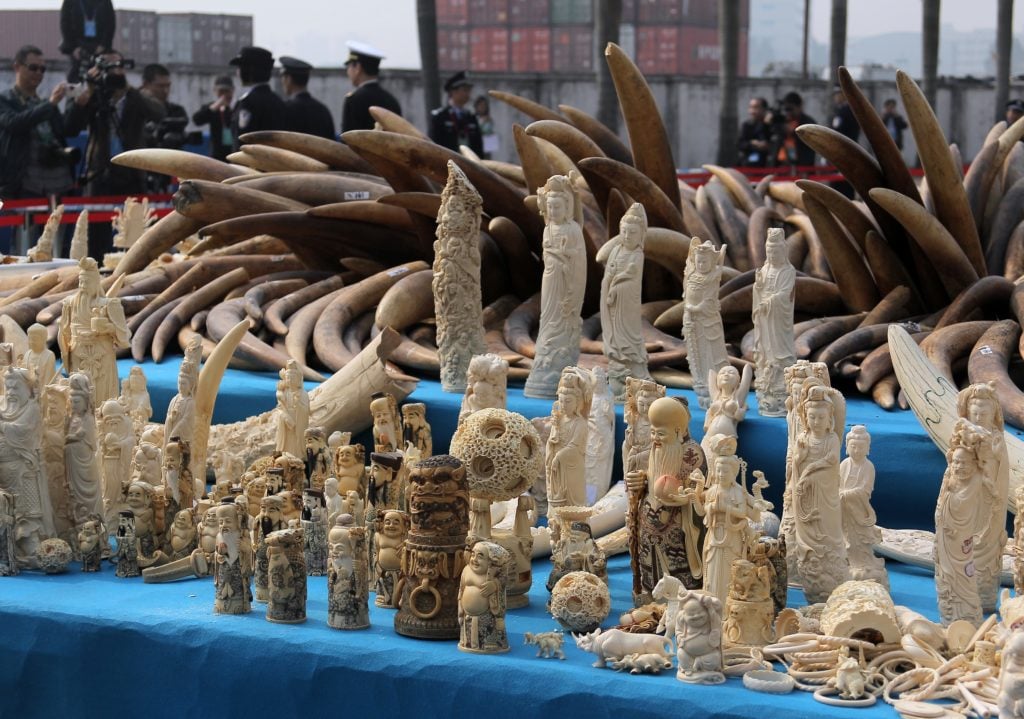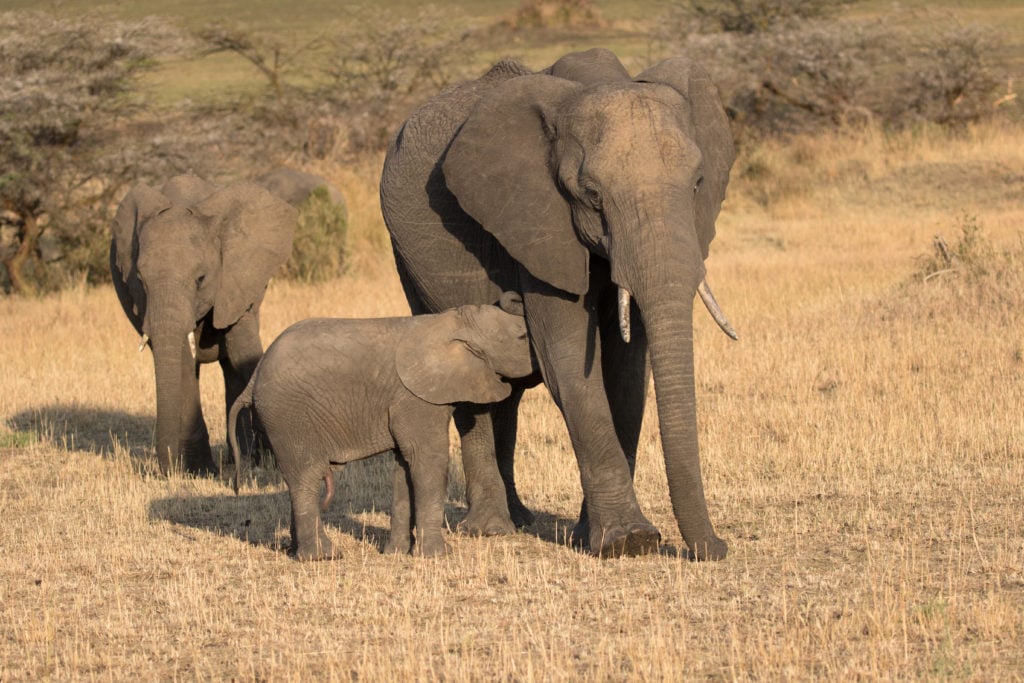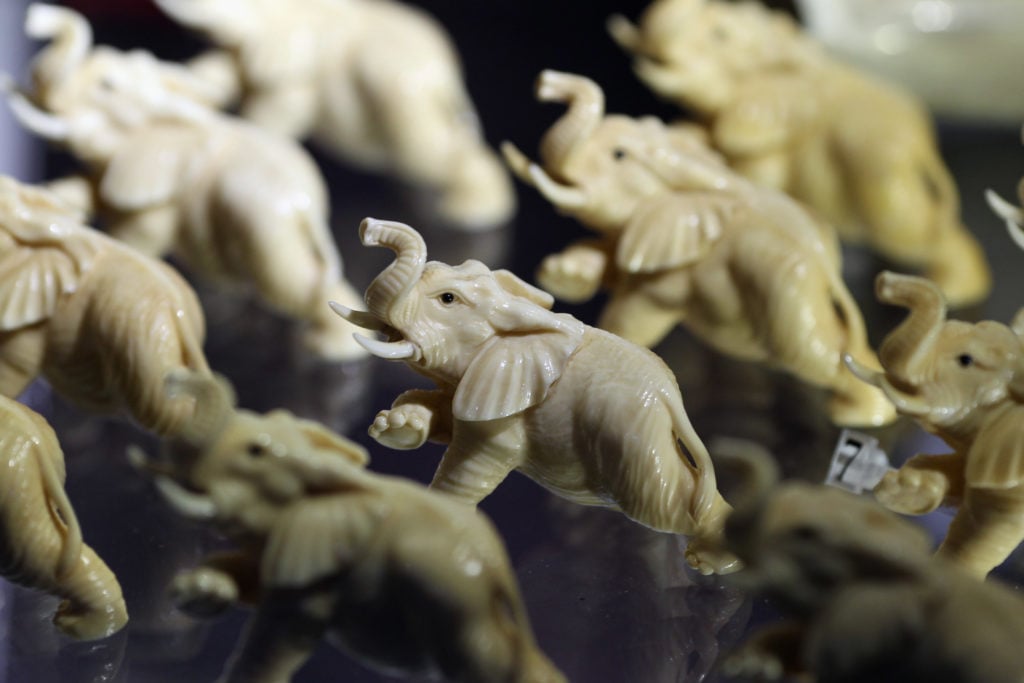Law & Politics
The ‘Ivory Queen’ Is Sentenced to 15 Years in a Tanzanian Prison for Smuggling Tons of Elephant Tusks Into Asia
Chinese-born Yang Feng Glan is being held accountable for her role in the poaching of hundreds of elephants.

Chinese-born Yang Feng Glan is being held accountable for her role in the poaching of hundreds of elephants.

Sarah Cascone

A Tanzanian court sentenced the so-called “Ivory Queen” to 15 years in jail yesterday for smuggling the tusks of more than 350 elephants into Asia.
Chinese-born businesswoman Yang Feng Glan was found guilty of smuggling more than two tons of ivory, worth $5.6 million, between 2000 and 2004 as part of an organized criminal gang with the Tanzanians Salivius Matembo and Manase Philemon.
Yang, who moved to Tanzania in the 1970s, owns a Chinese restaurant in the capital city of Dar es Salaam that is said to have operated as a front for the illegally traded ivory. She also ran an investment company on the restaurant’s second floor and served as head of the Tanzania China-Africa Business Council.
She was arrested in 2015 after a year-long investigation by Tanzania’s National and Transnational Serious Crimes Investigation Unit that culminated in a high-speed chase. She is currently appealing the ruling.

Ivory is displayed before being crushed during a public event in Dongguan, south China’s Guangdong province. AFP/AFP/Getty Images.
“When we think of a kingpin, we think of someone like Al Capone,” Andrea Crosta, co-founder of the Elephant Action League, told the BBC at the time of the arrest. “But this was someone who mingled with the country’s elite, who blended in.”
Kisutu Court magistrate Huruma Shaidi has also ordered the three smugglers to pay twice the market value of the ivory they moved, or face an additional two years behind bars.

Elephants in Tanzania’s Serengeti National Park. Photo by Godong/UIG via Getty Images.
“[It] is not punishment enough for the atrocities she committed, by being responsible for the poaching of thousands of elephants in Tanzania,” Amani Ngusaru, the World Wide Fund for Nature’s Tanzania director, told Reuters. “She ran a network that killed thousands of elephants.”
Conservation groups have long decried the ivory industry, blaming wide-spread poaching for the precipitous decline in the Tanzanian elephant population, from 110,000 in 2009 to 43,000 in 2014. China, home to one of the world’s biggest ivory markets, banned all trade in ivory and ivory products in 2018.

Elephants carved from illegal Ivory are displayed at an “Endangered Species” exhibition at London Zoo in 2011. Photo by Dan Kitwood/Getty Images.
“The government is taking wildlife trafficking very seriously,” Krissie Clark, executive director of the PAMS Foundation, the nonprofit that assisted the task force that arrested Yang, told CNN. “Today’s sentencing is testament that nobody in Tanzania is above the law.”